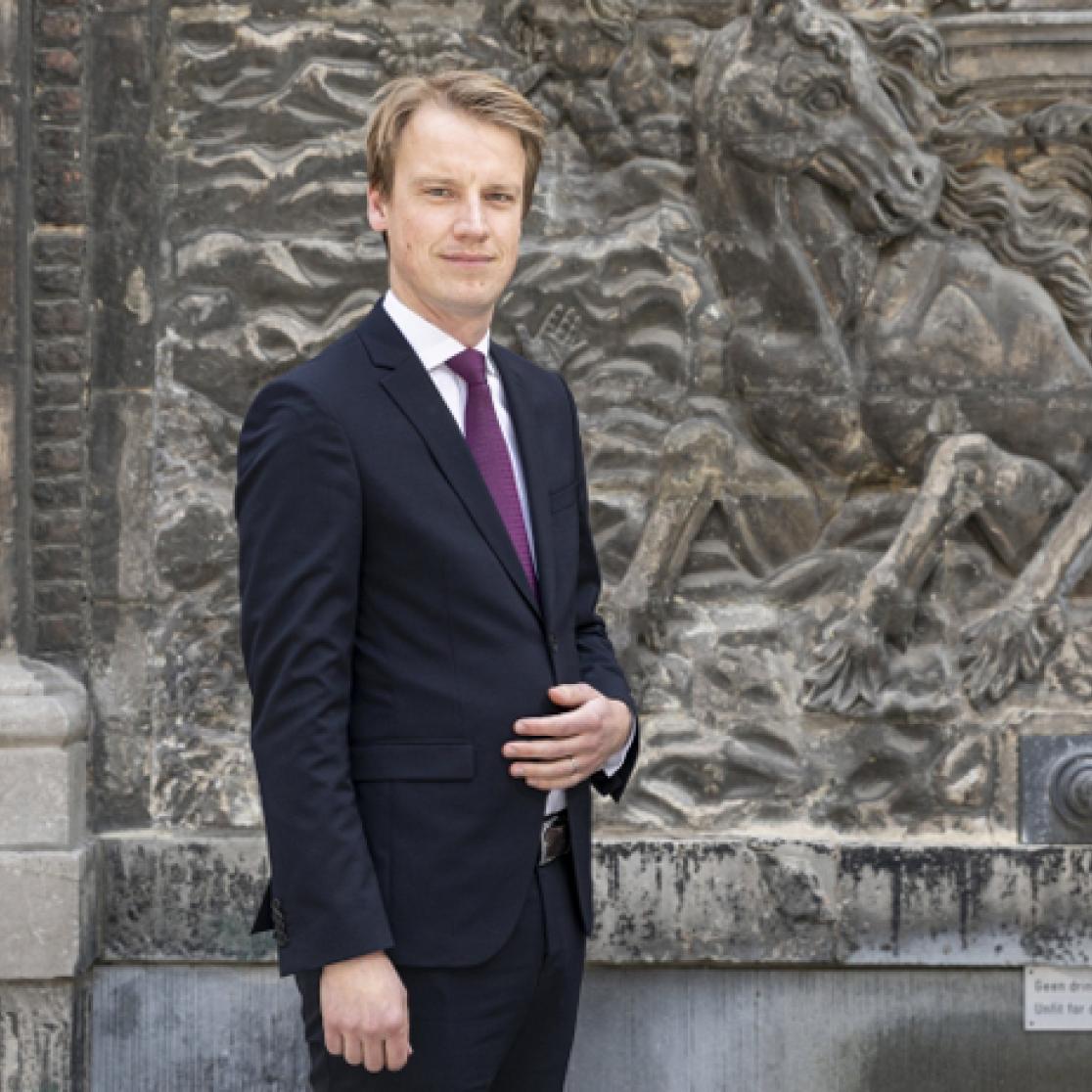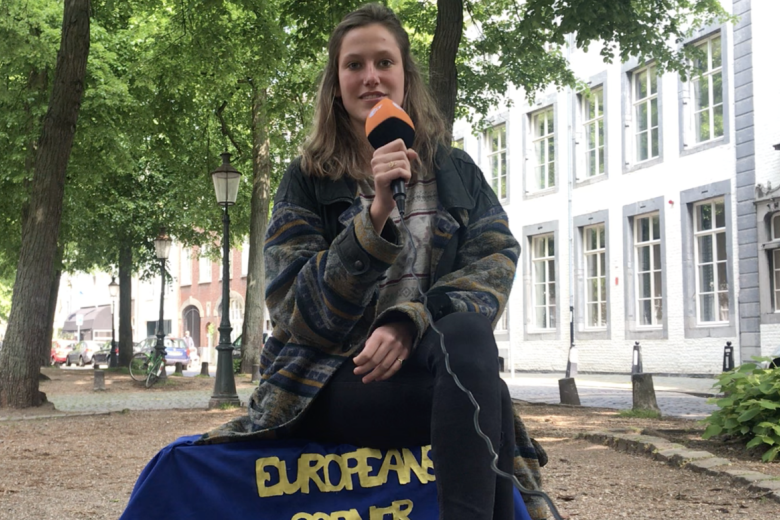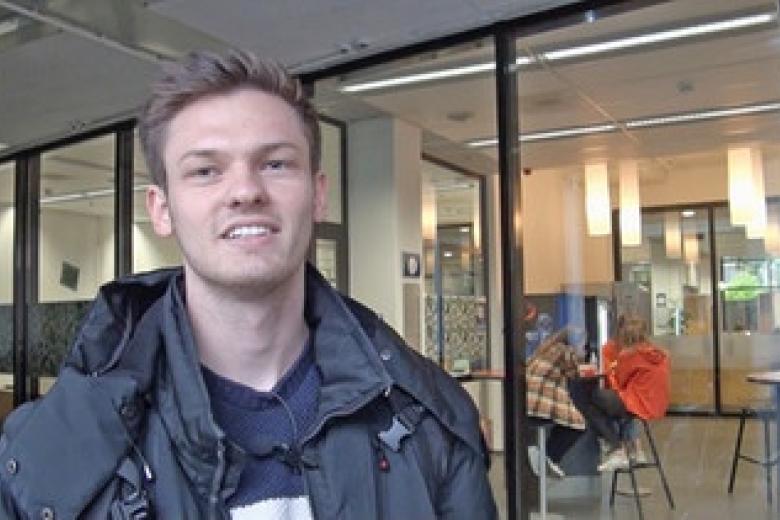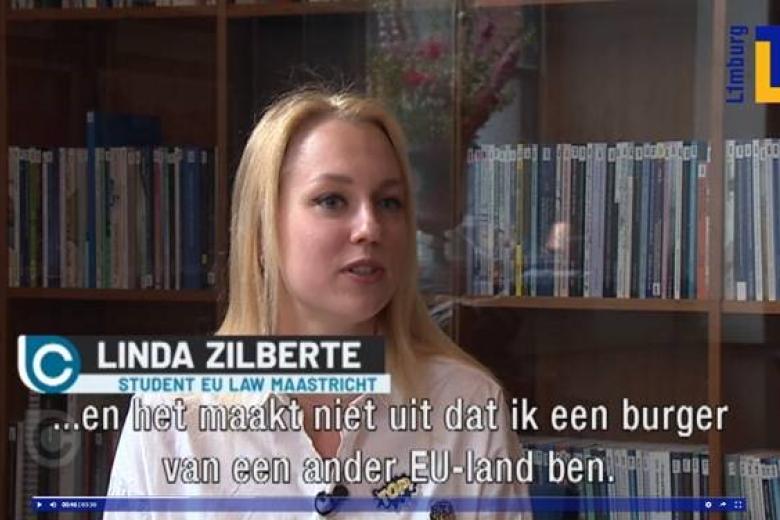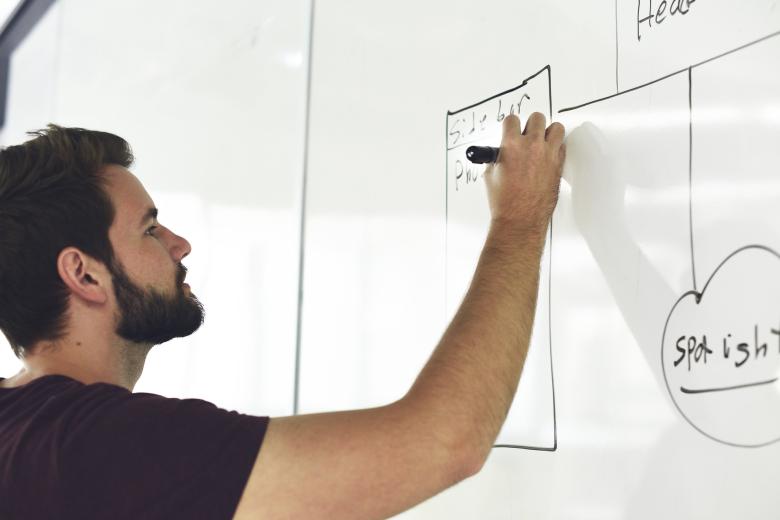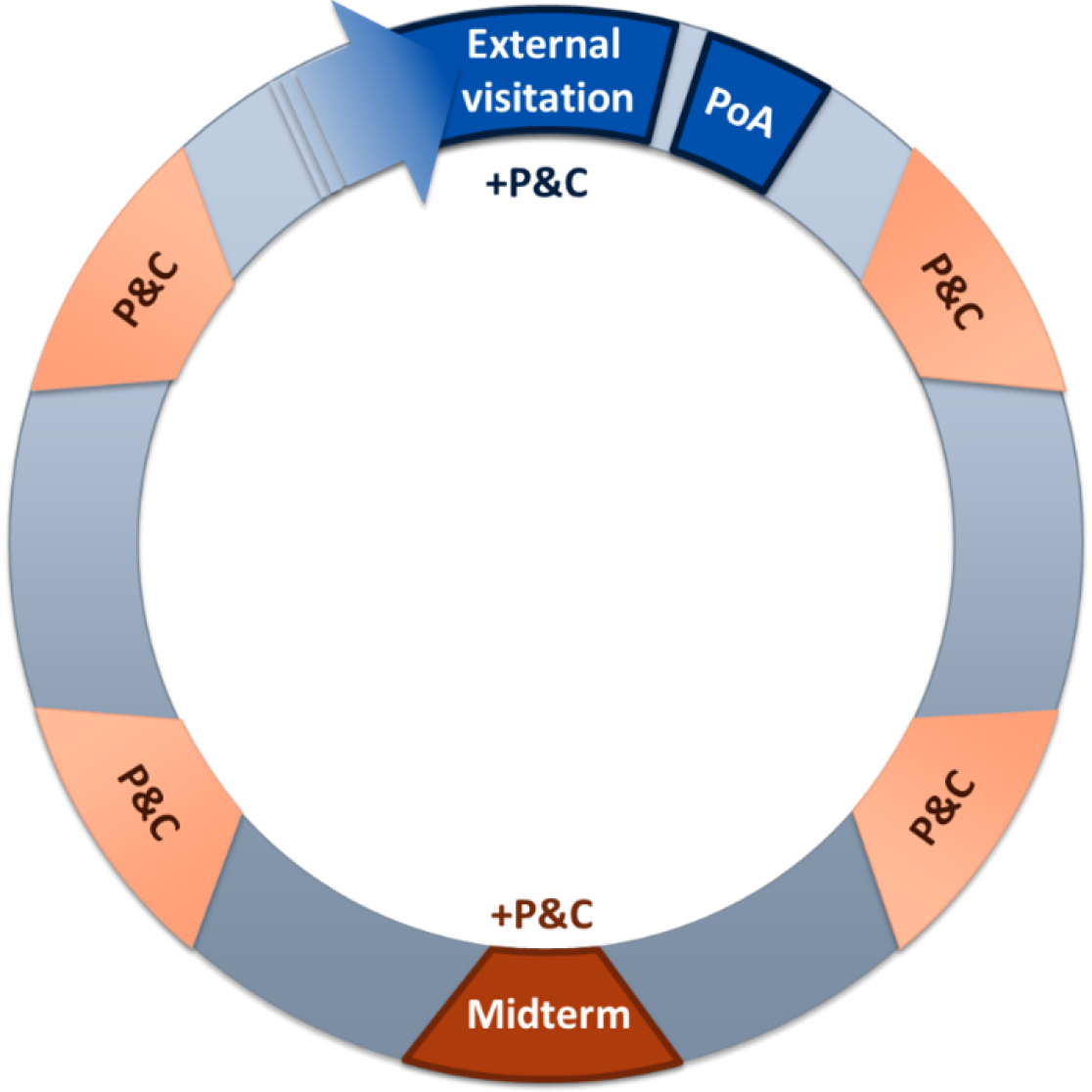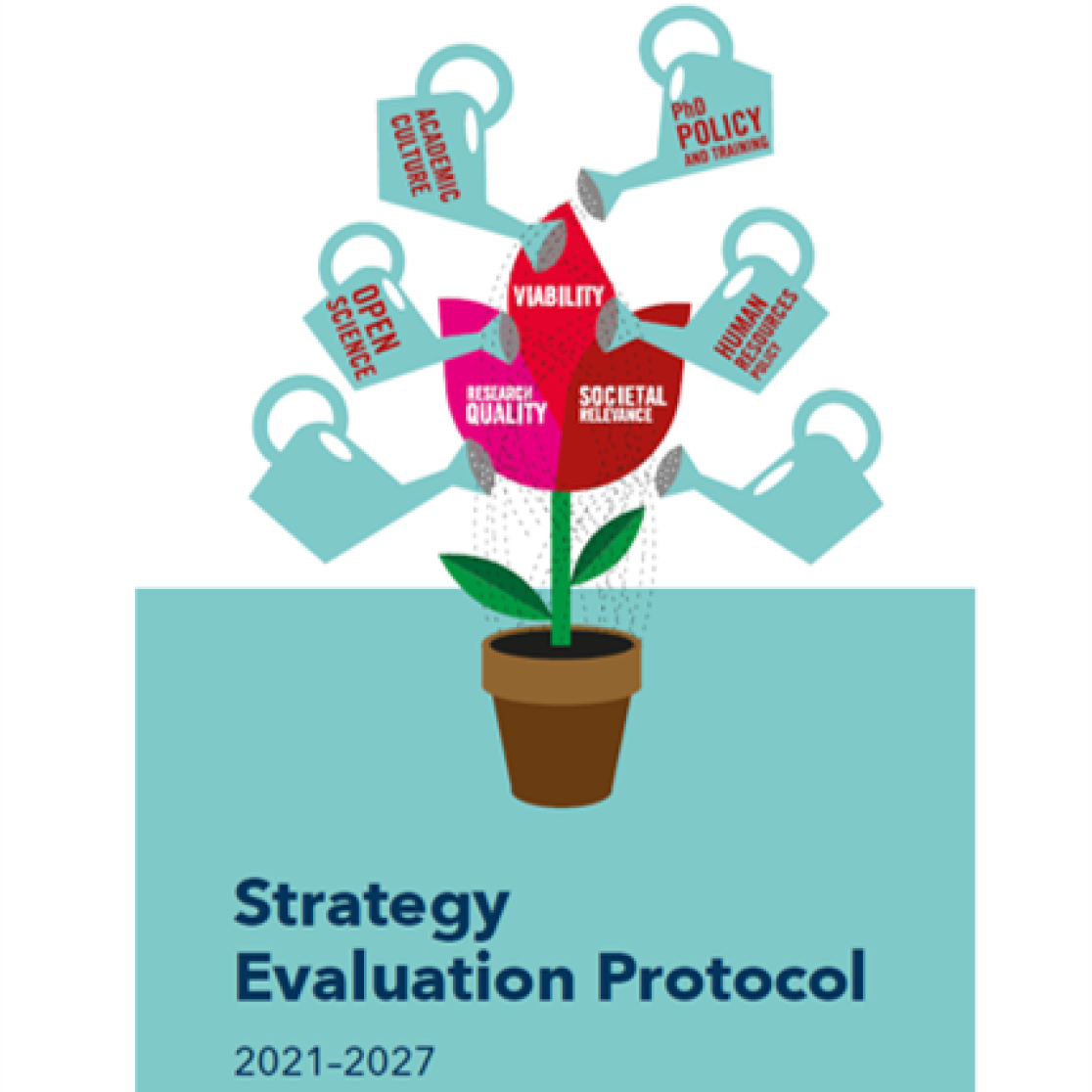Read our stories
- Aalt Willem Heeringa: 'Better less control over more than the other way around'
- Clemens Kool: 'Only through a positive approach will Europe stand strong'
- Milena Pavlova: Taking Europe's temperature
- Patrick Bijsmans: Everyone’s a eurosceptic
- Marc Davidson: High time for a new EU climate policy
- Mathieu Segers on our lack of self-knowledge
- Hylke Dijkstra is disappointed in the EU
Also read how UM positions Maastricht as a meeting place for debate and dialogue and as an expertise centre of knowledge and vision on Europe and European integration.
To Maastricht, Working on Europe
“Better less control over more than the other way around”
“The EU provides us with more and greater protection for everything we hold dear, and that is important in times when countries such as China, Russia and the United States are determined to follow their own paths,” says Aalt Willem Heringa.
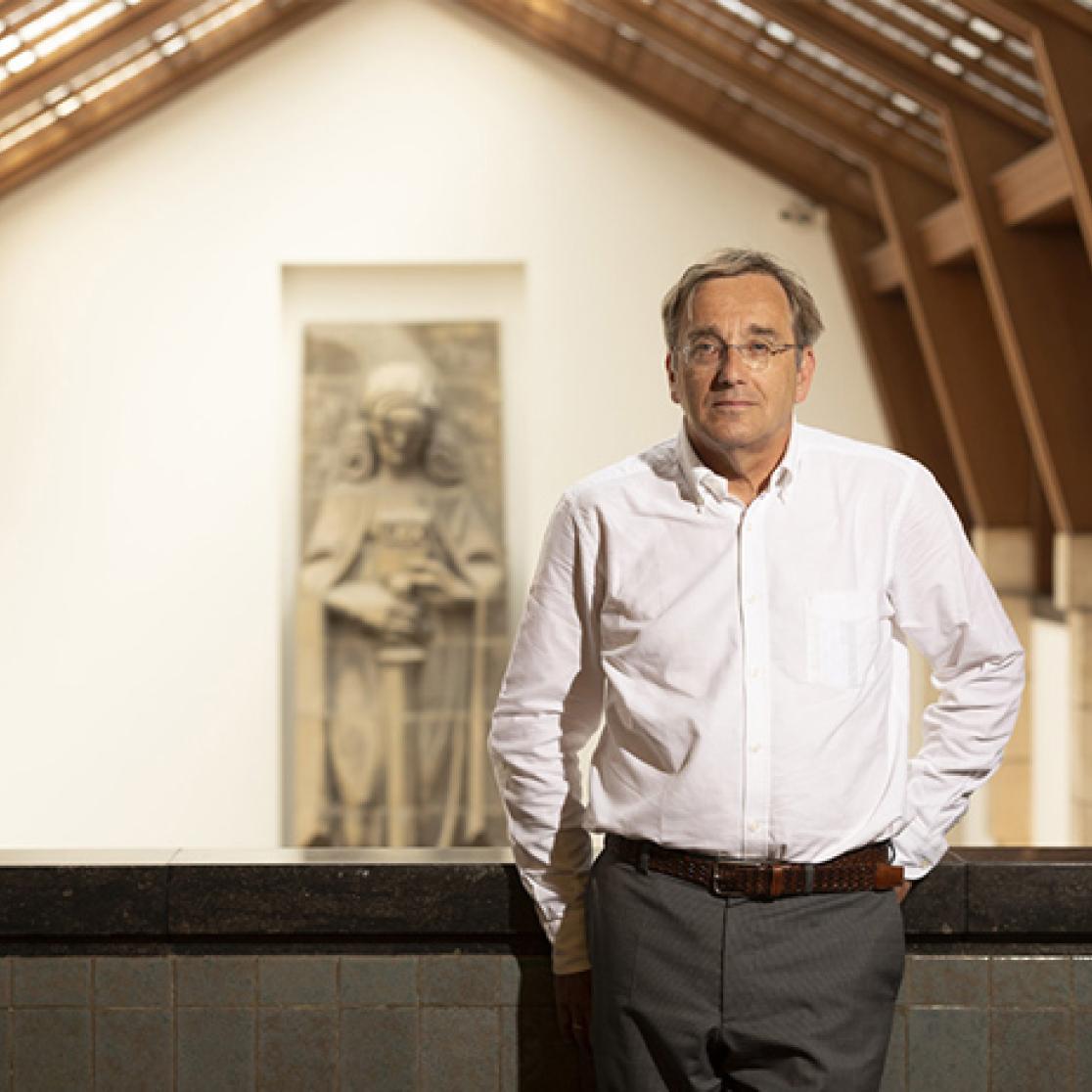
'Only through a positive approach will Europe stand strong'
“We are economically integrated. The biggest gain from this was achieved”, says Clemens Kool. Now, Europe needs to move forward and " focus on shaping its socio-economic policies and political integration.”
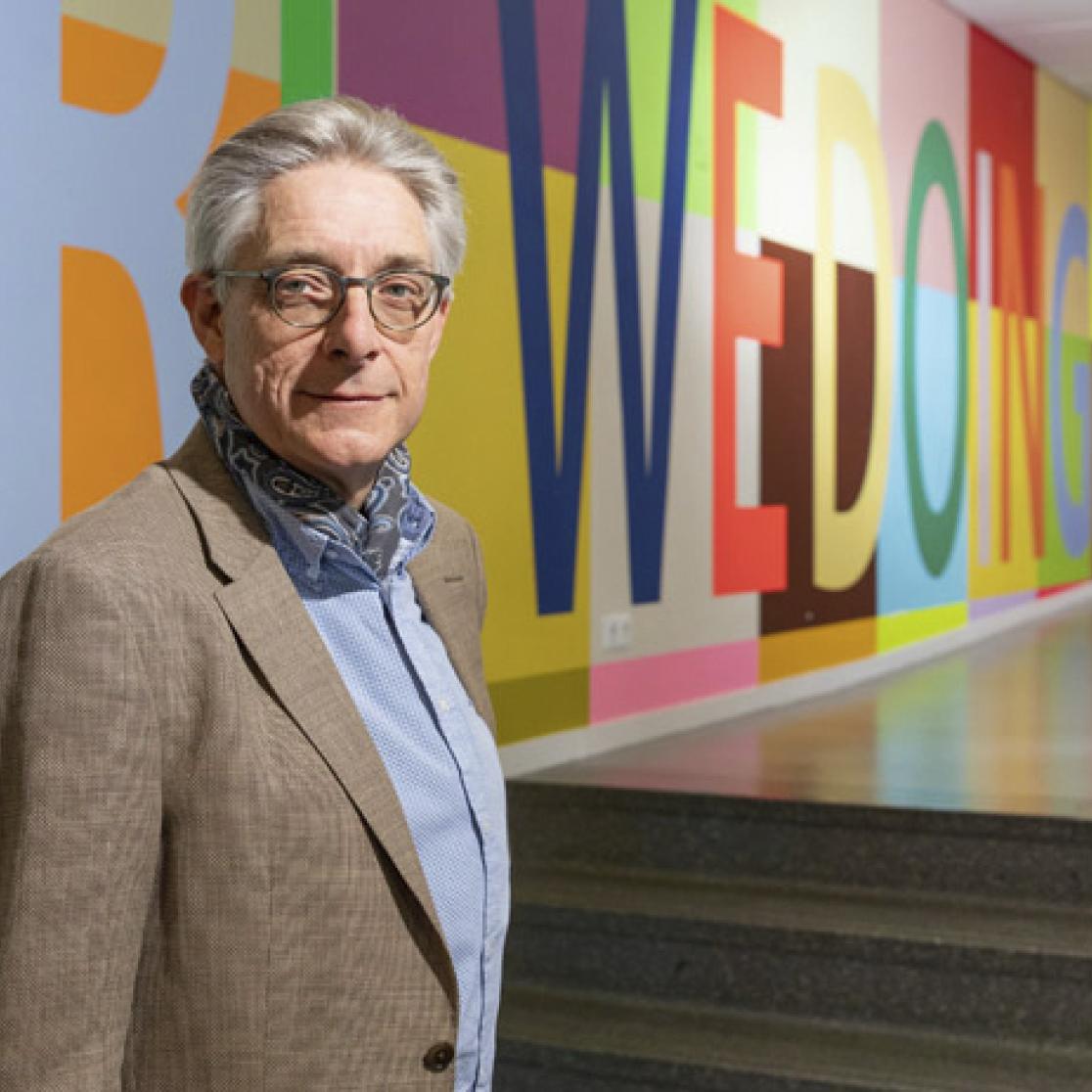
Taking Europe’s temperature
"We’re getting older because our health care is better than ever.” For someone working on ProHealth65+, an EU-funded programme to promote health and prevent risks, Milena Pavlova is quite positive about our demographic crisis.
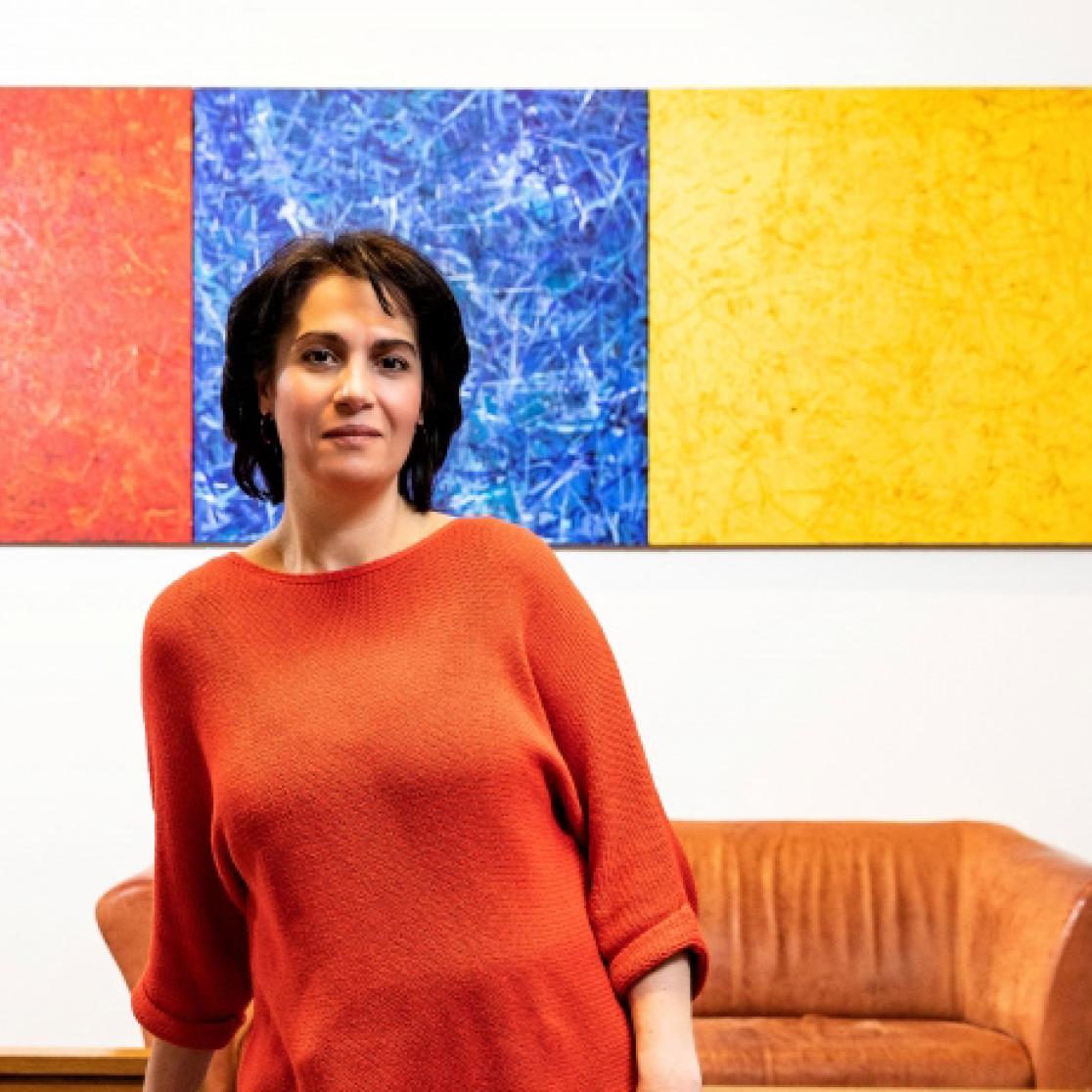
Everyone’s a eurosceptic
The European Union is often criticised for being a ‘show’, far removed from its citizens. The Brussels machinery is widely seen as boring, bureaucratic and complex. “However in reality, in many things the EU is more transparent than a lot of its Member States”, says political scientist Patrick Bijsmans.
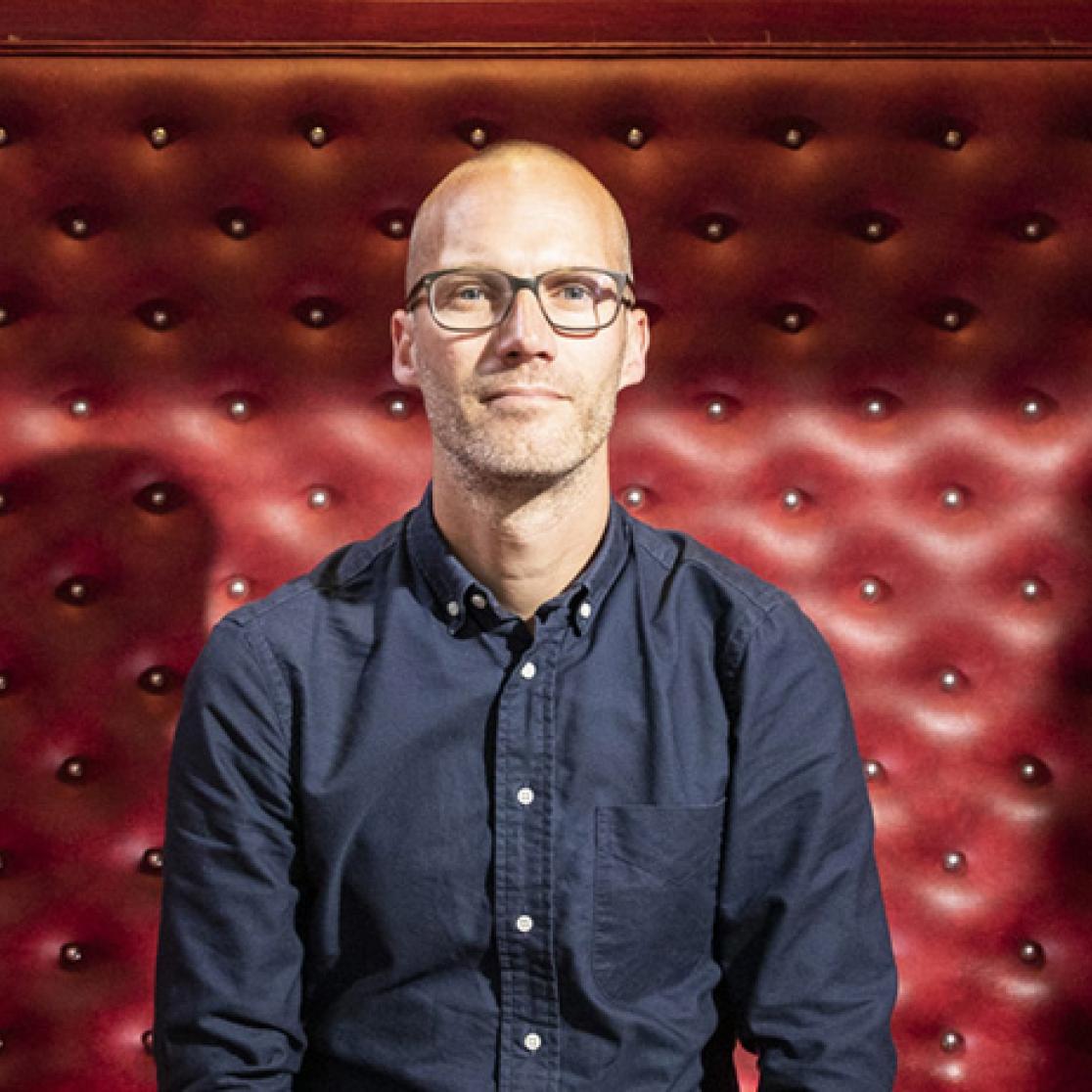
'High time for a new EU climate policy'
Europeans consider climate the most important issue on the European agenda. They're urging governments to take action. New rules and regulations are required, designed and enforced by national authorities, preferably in collaboration with other countires. The EU has the framework for this, says environmental philosopher Marc Davidson.
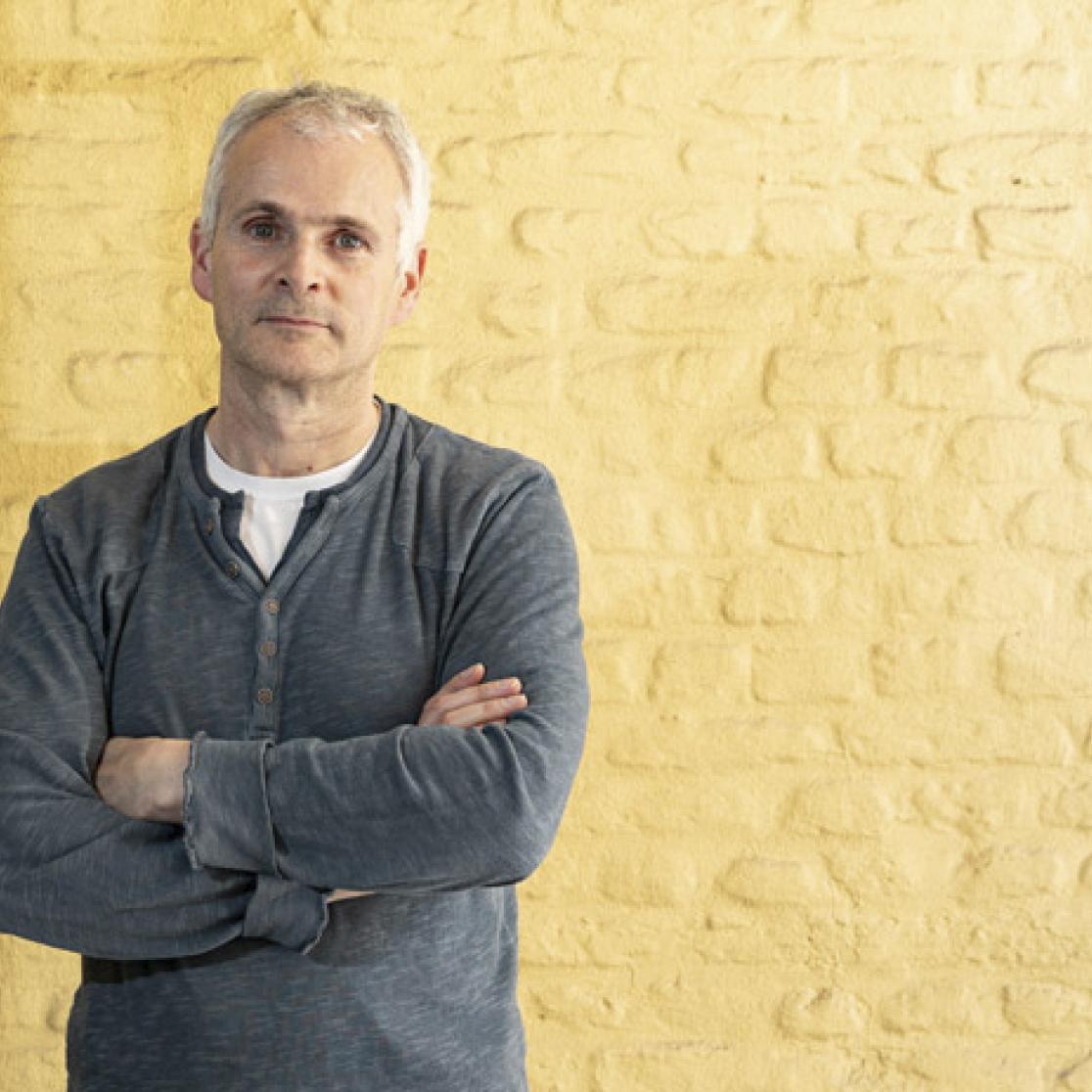
Studio Europa: with élan and Fingerspitzengefühl
What does ‘Europe’ mean to you? How does it make you feel? Maastricht University’s Studio Europa is a place of dialogue for citizens, scholars and policymakers, where you can hear about and be heard on all things European. Academic director Mathieu Segers talks about the importance of gaining a better understanding of ourselves in Europe.

